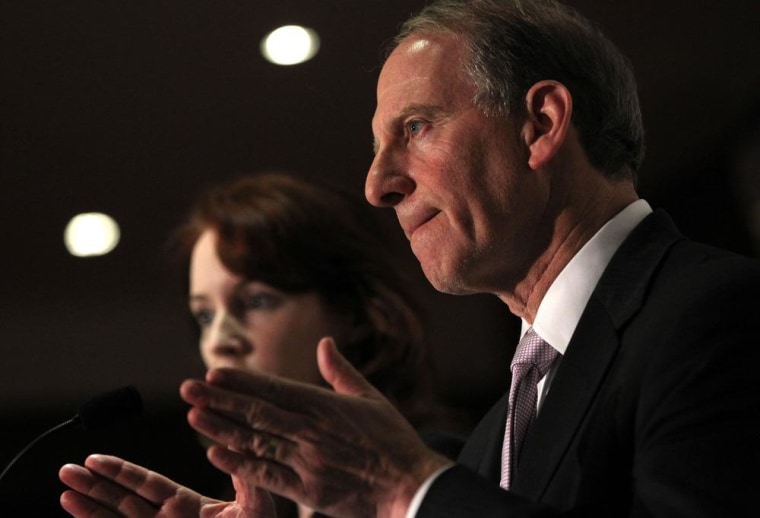Talks between Catholic and Protestant leaders in Northern Ireland broke down Tuesday after they failed to reach an agreement following the province's worst year of rioting in a decade.
The dicussion aimed to result in the signing of a draft text to deal with contentious parades which are still staged, and crimes committed during three decades of sectarian conflict in which more than 3,600 people died since the 1960s, Reuters reported.
After a power sharing deal in 1998, tensions have been calmer between pro-British Protestants and Catholics, most of whom favor unification with the Republic of Ireland.
But this year the issue has once again inflamed with riots and several bombs -- none of which caused serious injury -- after a decision to cut the number of days the British flag flies over Belfast City Hall.
Former U.S. diplomat Richard Haass, who was chairing the talks, said: "It would have been nice to come out here tonight and say we have all five parties completely signed on to the text. We are not there.”
Haass, the president of the Council on Foreign Relations think-tank and a former adviser to the President George W. Bush on Northern Ireland, added that he hoped that further talks would lead to some parties signing up to the draft agreement and others would "endorse significant parts of it."
Sinn Fein, the largest Irish nationalist party in Northern Ireland, said the text provided the basis for an agreement. The pro-British Democratic Unionist Party, Northern Ireland's largest party, said it would also consider it, but "profoundly disagreed" with some of the language.
President Barack Obama's National Security Council remained upbeat about the potential of future talks.
Haass said he would return to Washington, but held out the possibility of "a limited role" in the future, according to Reuters.
